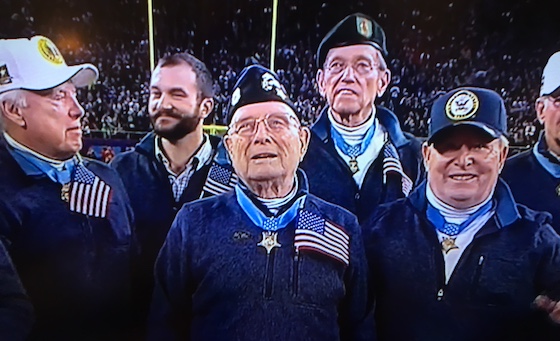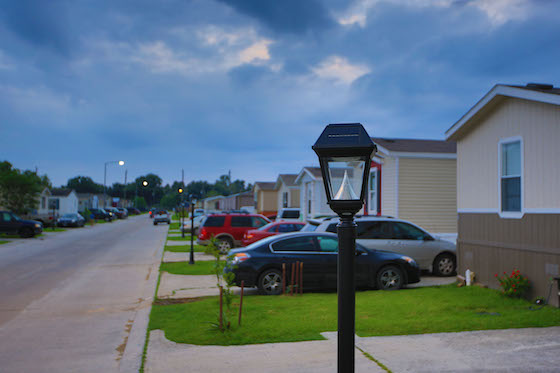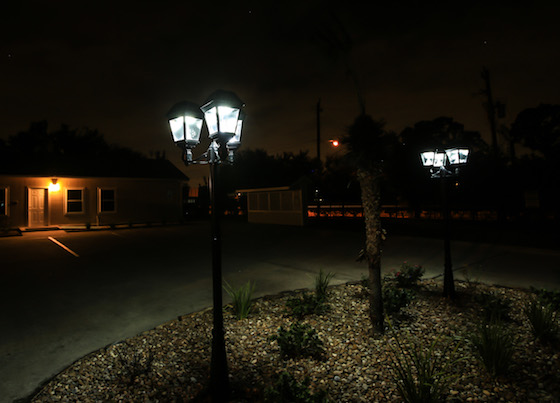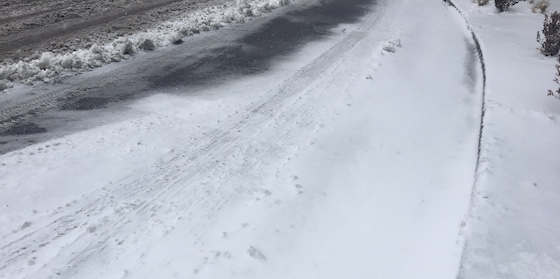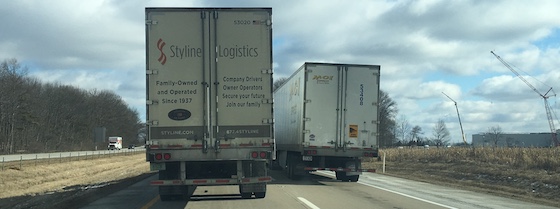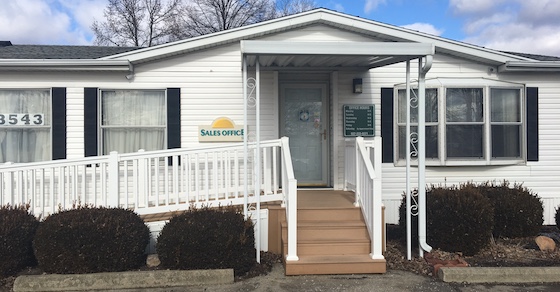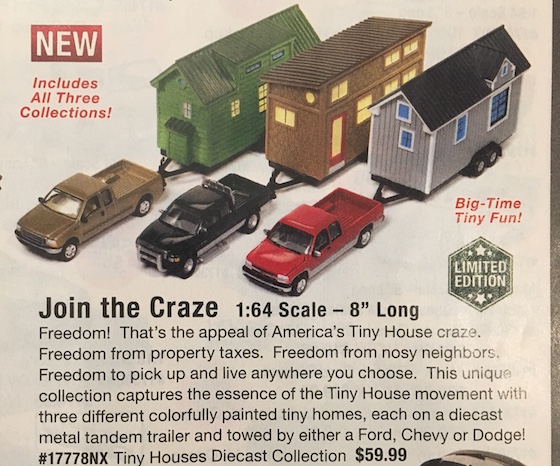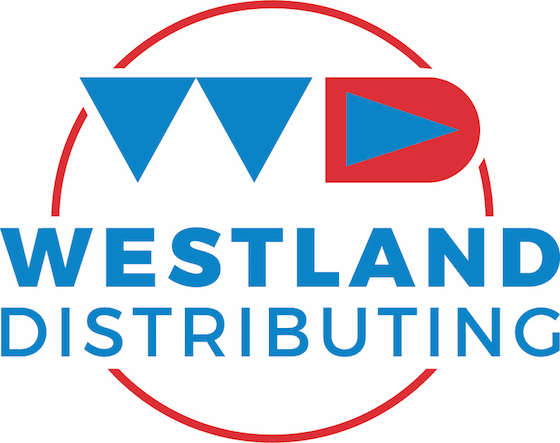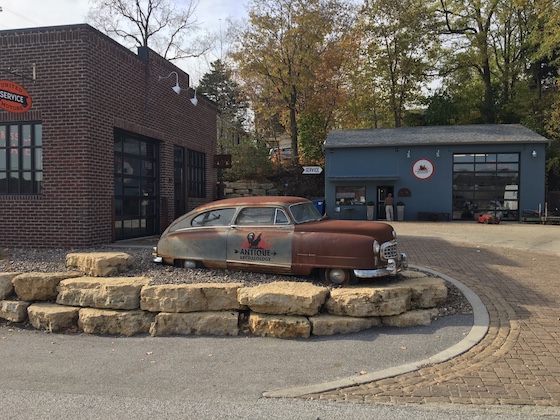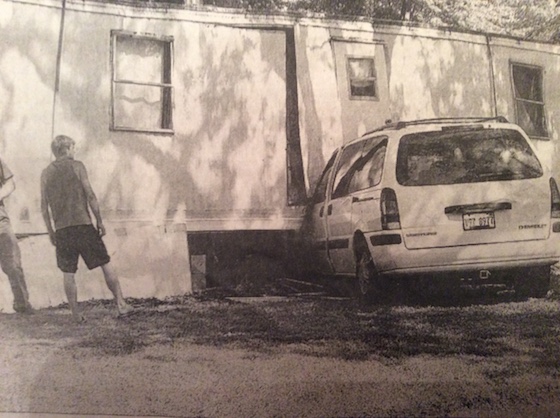This is a well-positioned and attractive mobile home park office, set inside a double-wide at the entrance to a park. But although it looks great from the outside, the more important question is “what’s on the inside?” So what would you find inside a well-equipped park office?
An erasable board that shows every vacant unit, pricing and status
The starting spot for a well-equipped park office would be a dry-erase board that has several columns. The columns would be “lot #”, “number of bedroom and bathrooms”, “rental monthly amount”, “cash price”, “status”, and “date available”. You then take all of your vacant park-owned homes (including ones that you have received notice on but are not vacant yet) and list them on this board. This is an important fixture because it serves two purposes: 1) to let customers know what’s available without the manager trying to memorize it (which never works) and 2) to remind the manager that they have vacant homes and what they need to be doing to get them out the door.
Marketing materials
While the internet is obviously very powerful, there are times where printed material still reigns supreme. Every office should have, at a minimum, a stack of 8 ½” x 11” flyers that a customer can walk out with – or that can be left in the literature rack at a local mobile home park dealership. In fact, you can have several flyers, each with its own purpose. They would include “renting a home”, “buying a home”, “renting a lot”, “renting a lot for your RV”, “renting a storage unit (if applicable)”. Better yet would be a color folder that you can place these inserts into.
Applications
For customers that are ready to buy or rent, you need to have applications at the ready. Remember that many mobile home park customers are extremely point-of-purchase, and if you are not ready to get the process going immediately, they may lose interest and just drive over to a different park. The manager should also have the entire application process down to a fine art, so there are no unnecessary delays.
Leases
For those customers who are ready to sign up – and have either been approved by the credit company or not required to have a criminal/credit screening (such as an RV) – you need to have all leases at the ready, properly filed by asset type. Make sure that you, as the owner, have approved all of these leases as far as the monthly amount, due date, late fees, length of lease, and other key items, as well as the attached park rules.
Required signage by law
There are some notices that are required to be posted publicly by law – such as Fair Housing – and the office is the logical place to display these notices. Contact your state MHA to get a list of what these required notices are, and where to obtain them (some you can get for free or for a small charge from that government agency).
A competent manager
This is the most important fixture of any park office: the manager. Your ability to hit and beat your budgets is often partially reliant on the quality of your manager. Make sure that you hire the right person, train them well, and then monitor them closely. There is the perfect person for every park manager job out there, you just have to find them. We have burned through several people in year before, until the found the right fit that will stay on and succeed for years.
A sign with office hours
If you have a manager (and you have to) you also need to establish office hours. And you might want to consider that one of those days that you are open be on Saturday. Most park offices – particularly if you have substantial vacant park-owned homes – are better served to be closed Sunday and Monday, then Saturday and Sunday. Saturday, for many customers, is the ideal day to tour new housing options. Also make sure that office hours are a little later on at least one or two days a week, since customers can often only come out and look at mobile homes after work.
Conclusion
A good mobile home park office has as much right on the inside as it does on the outside. It serves many uses, ranging from embassy to file room, and doing it right is a critical part of your ability to succeed.

